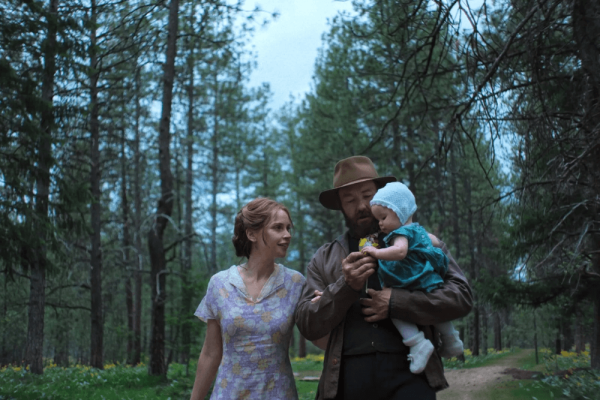Earlier this month a white, male animal rights activist jumped on stage and removed Sen. Kamala Harris’ (D-Calif.) microphone. Harris was mid-sentence in a conversation about the gender pay gap. Karine Jean-Pierre, another black woman, moved to block Harris and attempt to obtain the mic unsuccessfully from the protester.
Watching this scene as a black woman was terrifying yet familiar. This familiarity of being black, a woman, and unprotected momentarily superseded even my own political affiliations and commitment to direct action and organizing. Harris, at this moment, was yet another black woman who our society refuses to protect, respect, and regard.
Sadly, this disregard is an everyday reality for black women (trans and cis) and gender non-conforming people. We see it in the continued murder of black, trans women. It manifests in the skyrocketing suspension rates for black girls as early as pre-school. Our communities can palpate it through the disproportionately high maternal mortality rates for black women.
It’s past time that we protect black girls and women — all of them. Here’s how:
Name white violence in any and all forms.
Walking onto a stage and removing a microphone from a black woman mid-sentence is white violence. White violence in all forms must be named, particularly white, male violence. At first glance, Harris simply lost her microphone. But none of us know the ways this moment may have impacted her psyche, spirit, or person more intimately. Racial terror via white violence is on the rise in the 21st century, often carried out by white men — from Sandy Hook to Charleston. We must name white violence in any and all forms if we are to protect girls and women in the ways they deserve.
Prioritize the safety of black girls and women.
What safety precautions were skipped or forgotten that allowed a senator and presidential candidate to be so readily accessible to this protester? He was able to walk up on the stage without interruption into Harris’ personal space and remove the microphone from her hand. This is a direct demonstration of the access complete strangers feel toward black women’s space. Harris’s agency was stolen from her at this moment, as was her voice.
We must commit to protecting all black girls and women at all times. At a minimum, this means defending their bodily autonomy and personhood long before their perpetrators climb on stage.
See black girls and women as fully human.
Harris returned to the stage seconds after the incident. You can hear the audience chanting her name. At her return, Harris proceeds to return to the conversation murmuring, “We’re good.” Looking at these clips closely and knowing the position of a black woman experiencing the continued violence of interlocking systems of oppression, I suspect that Harris was far from “good” in this moment. At one point, she taps her chest in what almost appears to resemble the universal sign of distress.
The charge to protect black girls and women will require us to abandon the notion that black girls and women are superhuman — the facade of the strong black woman. It will require us to see the full humanity of black girls and women. And for people of faith, it compels us to see the divinity within black girls and women.
Black girls and women are not “good” right now.
Love black girls and women without exception.
Some of the most visceral reactions to Harris’ experience were from other black women, several of whom refused to offer care, concern, and empathy for Harris because of her political history. Loving black girls and women often starts with black girls and women loving themselves. Alice Walker defines a womanist in part as someone who “loves herself. Regardless.”
Of course, it is not the responsibility of black women and girls to protect black women and girls. Nonetheless, we must be careful to look closely at the ways we internalize misogyny, patriarchy, and other violent systems. Our movement and progressive church spaces are not immune to the actualization and internalization of this violence.
The womanist in me was both enraged and elated to see Jean-Pierre jump in front of Harris — enraged that another black woman was left to combat cis-hetero patriarchy with her literal body; elated that Jean-Pierre did not even think twice about holding another black woman down. It is time that black women and gender non-conforming folks get like Jean-Pierre, because as they say, “all we got is us.” Moreover, it’s time for co-conspirators to join us in this fight for our lives.
This doesn’t mean that we don’t hold each other accountable when our actions or politics replicate systems of harm. We can love ourselves and each other so radically that we practice both self- and community-care in ways that dignify, protect, and uphold the personhood of every black girl, gender non-conforming person, and woman.
Got something to say about what you're reading? We value your feedback!







